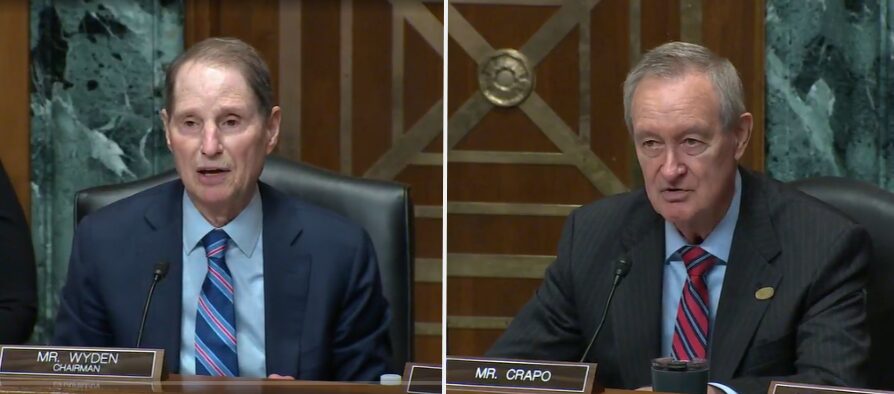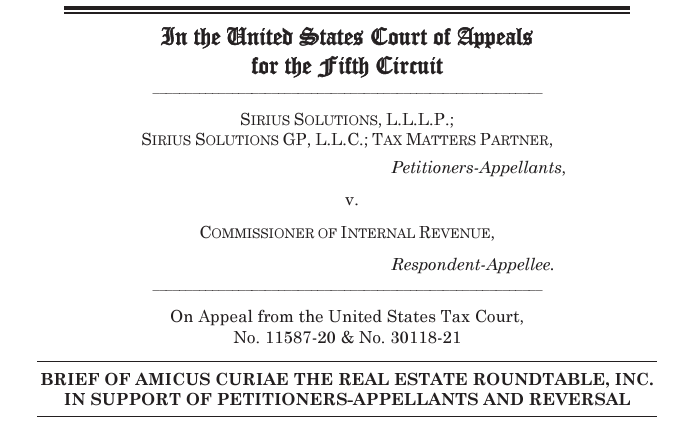
This week, House Freedom Caucus Members proposed ending the ability of businesses to deduct their state and local business and property taxes on their federal income tax returns. (Politico, Jan. 15)
Why It Matters
- The proposal was raised as a potential offset for relief from the SALT cap on individuals.
- The proposal was also included in a “menu” of potential policy options prepared by the House Budget Committee for tax and budget reconciliation legislation. (PoliticoPro, Jan. 17)
- The Budget Committee has a key role in setting the overall size of any reconciliation bill, but the actual details of tax changes fall under the jurisdiction of the House Ways and Means Committee.
Industry & Congressional Response

- “Property taxes and other state-level business taxes are a basic cost of doing business. Denying the deductibility of these business taxes is nonsensical and would be devastating to American businesses, and especially U.S. real estate. The purpose of the income tax is to measure and tax income. Under the proposal, we would no longer have an income tax, we would have a tax on gross revenue. It would penalize existing property owners, artificially distort business decisions, and raise flashing red lights for anyone even considering a long-term capital investment in the United States,” said Jeffrey DeBoer, President and CEO of The Real Estate Roundtable.
- Senate Democratic Leader Chuck Schumer (D-NY) addressed the proposal on the Senate floor earlier today. (Senate Democrats, Jan. 17)
- “There is no scenario under God’s green Earth that New York taxpayers will ever accept another unfair SALT cap like the House Freedom Caucus proposes….I will do everything I can, first to remove the entire SALT cap tax, and second to never let a new proposal that for the first time imposes the SALT cap on businesses, small and large, to be put into effect. I’m going to do everything I can to fight this dastardly proposal,” said the Senator.
- The House Freedom Caucus is one of many factions in the House Republican Conference that will have significant leverage over any tax changes in 2025 due to Republicans’ extraordinary slim majority in the House.
House Ways and Means Committee Chairman Jason Smith (R-MO) and House SALT Caucus Co-Chair Rep. Tom Suozzi (D-NY) are scheduled to address Roundtable members at the State of the Industry Meeting next week.













